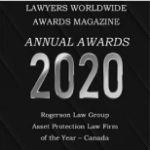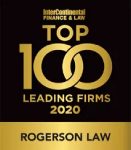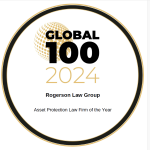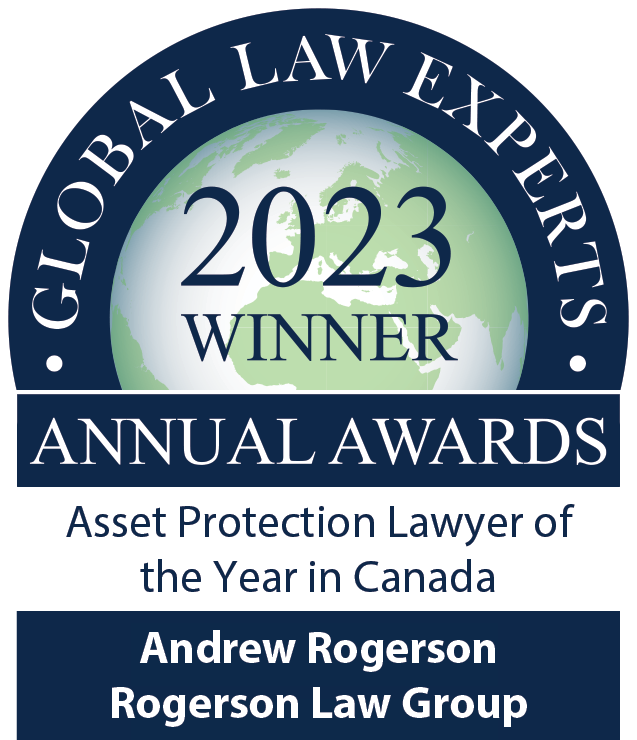CRA Tax Audits – Tax Audit Lawyer Toronto, Barrie, GTA
The prospect of a tax audit is daunting. However, with expert advice and help, you can get through the process efficiently – minimising the stress that could be involved.
The experienced Tax Audit lawyers at Rogerson Law Group have a successful track record of helping clients get through a tax audit and deal with the tax problems that may arise.
We suggest you contact us before making any contact with the CRA, if you are issued with a tax audit letter.
What is a Tax audit?
A tax audit is where the CRA decides to audit someone’s tax return – it is effectively a ‘spot check’ of a tax payer to ensure they are paying (or have paid) the appropriate amount of tax. The auditor is effectively looking for errors that will mean a higher tax bill. The tax payer has a legal obligation to cooperate with the CRA when an audit is required.
The CRA selects tax returns (going back up to four years) to audit using four different methods:
- Computer-Generated Lists: most files audited are chosen by selection via a computer system
- Audit Projects: an audit of local, regional or national tax payers in a group made up of a particular type of business where a check reveals significant non-compliance in that type of business
- Leads: where the CRA has obtained externally, or through other audits
- Secondary Files: where the CRA is auditing a particular client or file, and associated clients are also audited
When does a Tax audit arise?
Larger business owners (generally other than those who are T4d) who claim business expenses are at risk of a CRA audit.
As a general rule, the CRA must audit a tax year within 3 years of the original notice of an assessment. However, if you are given a waiver of objection rights – we strongly advise you not to sign without taking our expert advice.
How is a tax audit carried out?
The auditor reviews all relevant records, including at the tax payer’s workplace. Don’t forget, of course, that all tax payers are required by law to keep adequate financial records. These will inevitably be requested by the CRA should a tax audit arise. Particular documents that the audit will be concerned with include:
- Information on the CRA file, including any returns selected for the audit, financial statements, any previous audit reports by the CRA
- Your business records including ledgers and journals, expense account details, sales and purchase invoices and your financial records and statements. The auditor may ask you to send the relevant records to the CRA
The auditor may start the audit at your place of work and will expect to speak with relevant employees, including in the accounts department/team. An audit can take weeks, or several months, depending on the complexity of the issues. Regular communication with the CRA will be necessary.
The information contained on this page is for general guidance on your rights and responsibilities and is not to be construed as legal advice.
What happens next?
Once your audit is carried out, the auditor could propose certain adjustments to the submitted return. Any proposed adjustments must be made in writing and these will be discussed with you. Do note, however, that you have a limited window of time in which to respond.
If you are dissatisfied with the proposals, and the CRA requires further information, the tax auditor may make a new proposal in light of any new information supplied. A new proposal may then follow, and the auditor will issue a Notice of Reassessment.
What should I do?
Fast action is required: if you have received a post-audit letter or assessment, you must respond to the auditor within 30 days (or, in the case of an assessment, file an appeal within 90 days). Time is, therefore, of the essence. You can, of course, deal with an audit and represent yourself, but by asking an expert professional to handle it on your behalf can remove any stress and anxiety that tax audits can cause, allowing you to get on with running your business.
We handle audit interviews on behalf of our clients. We understand the level of information the auditor requires, and we know how much information we must disclose on your behalf, and avoid any unnecessary disclosure. This means we can help you avoid unnecessary tax penalties and the like. We advise you not to disclose any information or records to the auditor without taking expert advice, in order to protect your interests.
In the same way you would not contemplate taking or defending court action without legal advice and representation, you should not attempt to go through a tax audit without expert legal assistance.
Talk to a Tax Lawyer
Contact us now - Call (416) 504 2259
We provide legal services in the entire Greater Toronto area including Toronto, Scarborough, Mississauga, Vaughan, Brampton, Richmond Hill, Etobicoke, Hamilton, Sudbury, North Bay and Barrie with offices located in Downtown Toronto and Barrie.
















